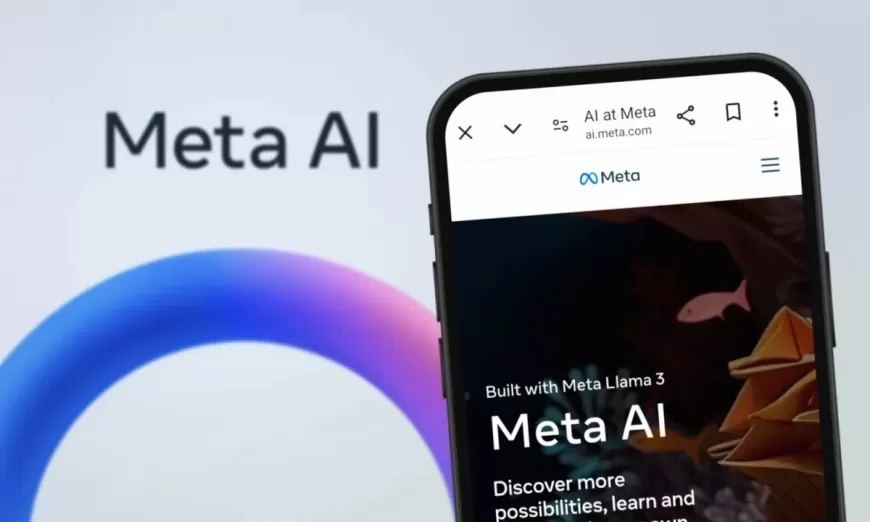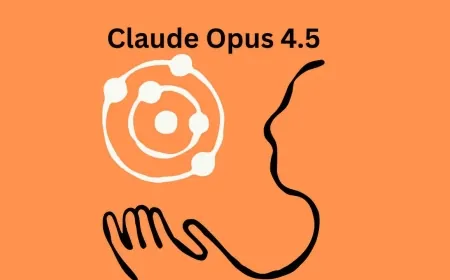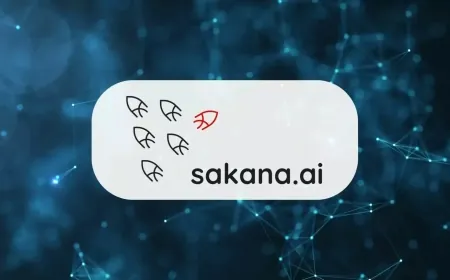Meta New AI Vision Could Revolutionize Social Media in 2024
Meta’s new AI-powered digital users plan could transform social media platforms like Facebook and Instagram.

Meta Platforms (META), the company behind Facebook, Instagram, and WhatsApp, is ready to enter the new year with some major changes to its business strategy. This time, the company isn’t just focusing on its regular users; it’s looking to reshape social media by incorporating artificial intelligence (AI). What once seemed like a futuristic concept is quickly becoming a reality, and Meta aims to transform the way we interact on its platforms.
Connor Hayes, Meta’s vice president of product for generative AI, recently revealed that the company is working on creating AI-powered users for Facebook and Instagram. These digital users will have profiles, bios, pictures, and the ability to create and share content—just like human users. Over time, Meta expects these AI characters to become integrated into the platforms, functioning much like real people.
This ambitious plan comes at a time when Facebook, in particular, has been struggling with its popularity among younger users. A recent study by Pew Research Center found that only 32% of teens regularly use Facebook, a significant decline from 71% in 2014. Many teens are now flocking to platforms like TikTok, YouTube, and Snapchat. Meta hopes that introducing AI-powered users could help bring back engagement and keep its platforms fresh.
These AI characters, according to experts like Kaveh Vahdat, founder of RiseAngel, a platform for generative AI-powered games, could change how social media works on a fundamental level. Rather than just being bots, these AI users will be highly personalized and adaptable, designed to engage with people in ways that real users cannot. They will be available 24/7, recall vast amounts of data, and have conversations tailored to each person. While this could make the platforms more engaging, it may also blur the line between human interaction and machine-created content.
While Meta’s new strategy could breathe life into its platforms, there are some potential downsides. Vahdat suggests that these AI users could easily outpace human influencers in terms of engagement, consistency, and scale. If these digital users start shaping the content people see on social media, there’s a risk that they could manipulate cultural trends or spread harmful content.
There are also concerns about the kind of content AI users will promote. Technology attorney Star Kashman points out that AI users will likely prioritize content that drives engagement, regardless of its emotional or psychological effects on users. Since AI won’t have human emotions, it won’t consider whether the content it shares is harmful or distressing to others. This could amplify the spread of extreme or harmful content, a problem that social media platforms already face.
Meta’s push for AI-generated users is a bold step, but it will need to be handled carefully. The company must ensure that these new AI users are transparent and that users know when they’re interacting with a bot rather than a real person. While this new vision could help Meta’s platforms thrive, it also raises significant ethical questions about how social media content is created and shared. The future of social media could look very different with AI at its core, but only time will tell how these changes will shape our online experiences.
Also Read: Google CEO Sundar Pichai Sets AI Model Gemini as Top Priority for 2025































































